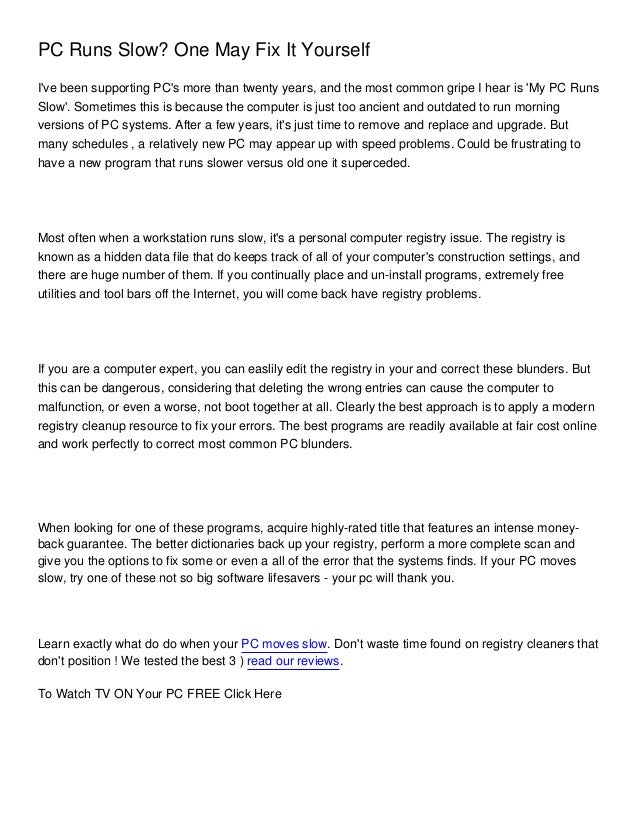
Given its way, it would probably say breathing is a waste of time as well: “Forget the air. What does that have to do with anything?” “You don’t have time to stare at a leaf or the stupid reflections in a water bottle. “You’re writing about the past today,” my rushed mind says, getting ever more bossy the more desperate and frustrated it feels.

I know how valuable this process is for me, and yet I let myself push it aside. It’s the core practice I use, and recommend, for daily writing: Breathe, observe just one thing closely, intimately, and write what you see. I know this feeling of returning, of grounding myself in the body by breathing, then noticing, once more, the world outside my mind. In the smallest of steps toward remembering, I draw a slow breath, and another, returning to the room, the telling still life of the desk (crumpled tissue, empty cereal bowl, blue tincture bottle labeled “inspiration”…). What catches my eye is a moment in a section on “the progressive forgetting of the air-the loss of the invisible richness of the present.”Ībrams writes of a loss of a deep connection between the body and the aliveness of the world that begins with “forgetting of the air, the forgetting of this sensuous but unseen medium that continually flows in and out of the breathing body, binding the subtle depths within us the fathomless depths that surround us.” Nothing seems to cohere, and the cursor blinks and blinks over the next white spot on the page. Today, restless, I get up, search the shelves for a book, one of my favorites-David Abrams’ brilliant “The Spell of the Sensuous” -and flip through it to rub against the words, drop myself into the order of another mind. Sometimes it’s hard to find a way into a day’s writing. Seeds strewn by a machine, some rolling into tilled earth, some onto pavement.

A wind sets it spinning and I hesitate to write what scatters through: thistles in a dog’s coat.


 0 kommentar(er)
0 kommentar(er)
